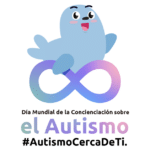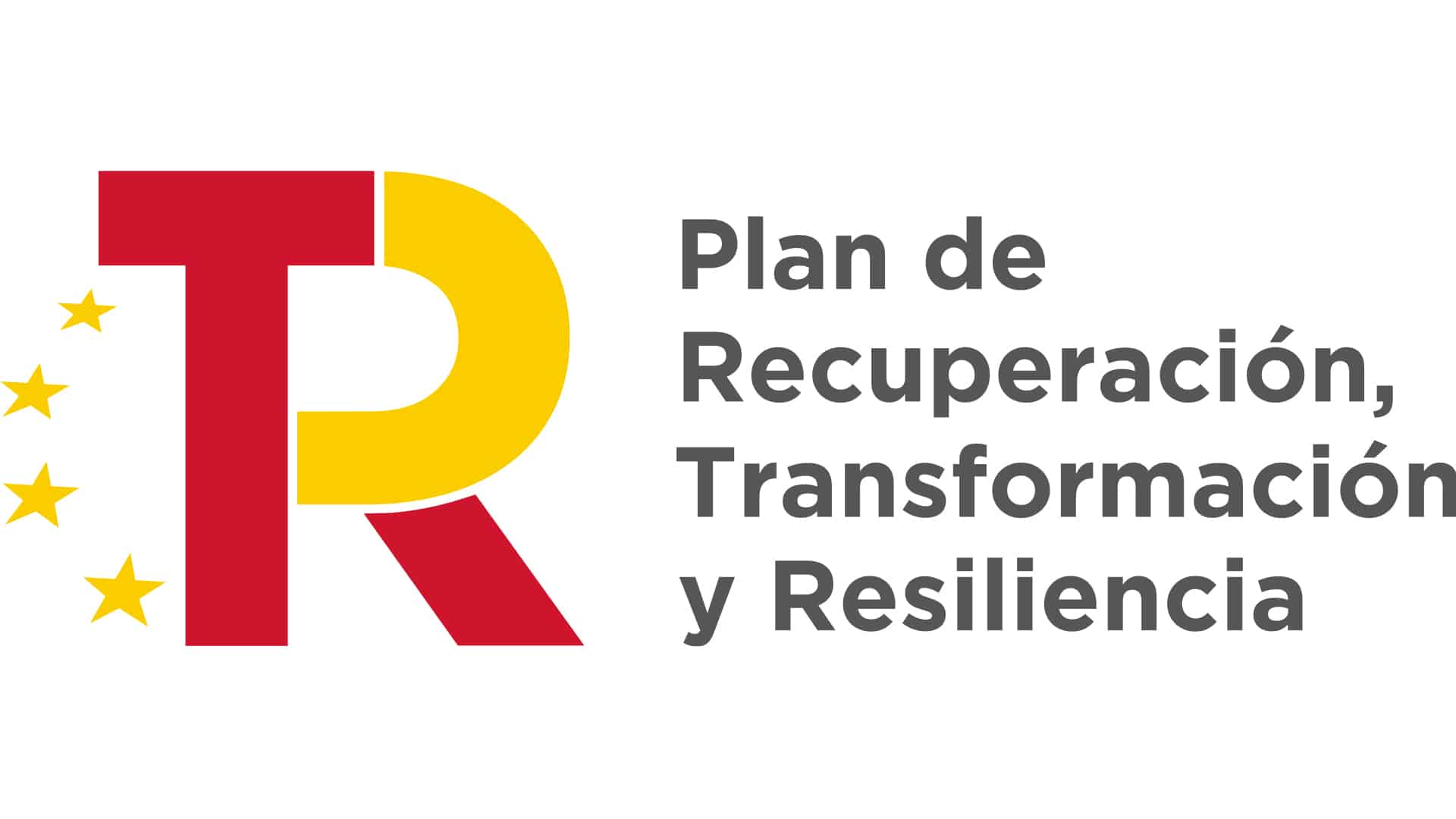Cognitive learning is a pedagogical method based on experience and on the processing of information by the learner in order to assimilate knowledge. Every day, human beings are subjected to thousands of stimuli. The brain captures them, receives the information and stores it in what is known as memory. In this way, what is new is connected with what we already know, creating a network of knowledge that accumulates.
According to the
Theory of Cognitive Development
developed by Jean Piaget, the development of this type of learning begins in the first years of life, hence the importance of applying this educational model from the time they are young. It comprises the following stages:
- Sensorimotor period. Covers from birth to two years of age. At this stage, learning takes place through the senses and imitation.
- Pre-operational period. It ranges from two years old to seven years old. At this stage they learn through symbols, so a good way to teach them is through stories or illustrations.
- Period of concrete actions. It ranges from eight years old to eleven years old. At this stage, logic plays a fundamental role in learning.
- Period of formal operations. It ranges from eleven to fifteen years of age. At this stage, thinking finishes developing and the personal identity of each individual begins to be formed.
How are cognitive learning and language learning related?
Language acquisition is related to other cognitive learning processes, such as memory, attention or speed of information processing. As these processes develop in children’s brains, their verbal competence and, in turn, their ability to learn a new language develops in parallel. As we have explained in the previous section, the processing of information and learning is related to the experiences of human beings and to everything that surrounds them, both in relation to themselves and to the outside world. Second language proficiency, therefore, should not be separated from other cognitive abilities, social skills or the acquisition of one’s native language.
Among the different cognitive competencies we find the ability to find objects in the environment, understand how they work, solve problems or be able to imagine what they see or hear, etc. It is important that children learn these skills from a very young age because, if their cognitive skills are underdeveloped, their language skills are likely to be underdeveloped as well.
Children’s brains are malleable, especially at a younger age. It is during this period that the brain develops the different neuronal connections. It is easier for them to acquire knowledge of a second language through immersion than in the classroom. Therefore, if the youngest children are subjected to different stimuli, if we teach them to understand English through objects and the reality that surrounds them from the first months of life, their brains will have an easier time processing information, since new neural nexuses will be created exclusively for this purpose, in addition to learning at a faster pace and improving their cognitive development in other areas.
At Smile and Learn we have a series of activities designed to reinforce students’ cognitive learning. In addition, they are available in several languages, making them the perfect ally for bilingual teaching. If you haven’t tried our educational platform yet, you can do it for free by filling out the following form this form.
Bibliography
(n. d.). A Cognitive Approach to the Development of Early Language.
Https://Www.Ncbi.Nlm.Nih.Gov/Pmc/Articles/PMC2780017/
.
https://www.ncbi.nlm.nih.gov/pmc/articles/PMC2780017/pdf/nihms113492.pdf
L, Laura. (2017, 2 March). Cognitive Delay: What It Means for Language Development. teachmetotalk.com. https://teachmetotalk.com/2017/02/19/cognitive-delay-means-language-development/
Gavilanes, M. M. Á. (2013, May 16). The cognitive approach in language teaching.
Redined
.
https://redined.educacion.gob.es/xmlui/handle/11162/25015










